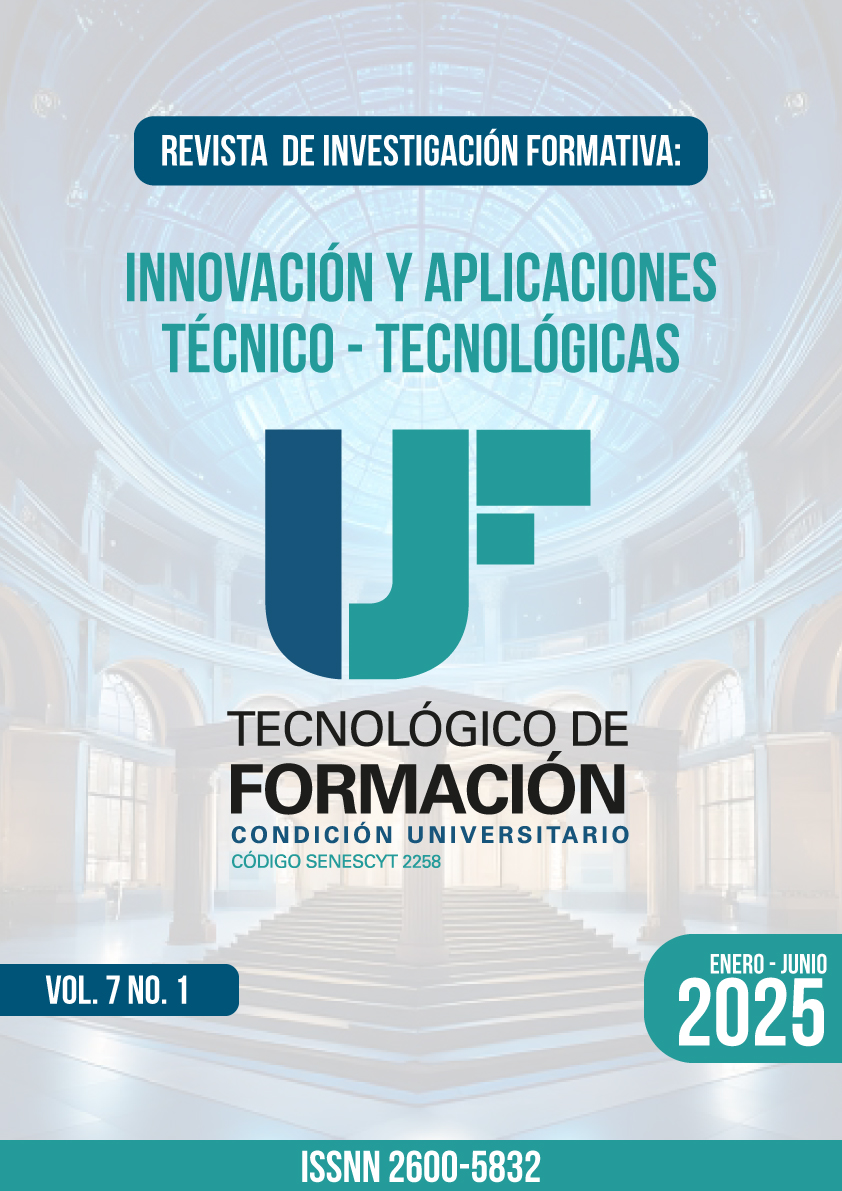Educational Innovation and Digital Simulation: Theoretical Review and Critical Analysis of a Technical Learning Automation Project.
Main Article Content
Abstract
This theoretical-critical essay analyzes the implementation of the project "Technological Implementation for the Automation of the Teaching Process for Professional Technical Learning at UF", developed at the Higher Technological Institute of Administrative and Commercial Professional Training (Ecuador), with emphasis on the use of Articulate 360 software. The aim of this paper is to examine the pedagogical foundations that underpin digital simulation and its relationship with the processes of teacher training, formative assessment and institutionalization of innovation. From a qualitative and documentary approach, indexed academic literature is reviewed and the documentation generated during the execution of the project is analyzed. The findings show a technically successful implementation, but pedagogically limited, characterized by instrumental teacher training, absence of authentic formative assessment and lack of systematization of learning. It is concluded that the value of educational simulation does not lie in the technology itself, but in its ability to generate deep, contextualized and sustainable pedagogical transformations. Innovation requires curricular redesign, critical teacher training, and institutional policies that ensure continuity, reflection, and transfer of the knowledge generated. This study proposes to guide future educational automation processes towards comprehensive models of innovation, where technology is at the service of meaningful learning, professional development and educational equity
Downloads
Article Details
Section
Los artículos publicados en la Revista de Investigación Formativa: Innovación y Aplicaciones Técnico-Tecnológicas (REI) se difunden bajo la Licencia Creative Commons Atribución-NoComercial-CompartirIgual 4.0 Internacional (CC BY-NC-SA 4.0), que permite compartir y adaptar el contenido con fines no comerciales, siempre que se otorgue el debido reconocimiento a la autoría y se mantenga la misma licencia.
Los autores conservan sus derechos de autor y otorgan a la revista el derecho de primera publicación.
Para más información sobre la licencia, consulte: https://creativecommons.org/licenses/by-nc-sa/4.0/

